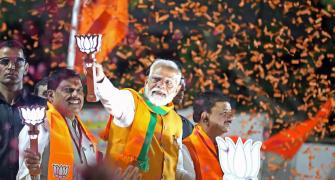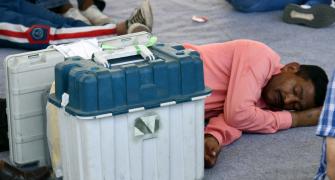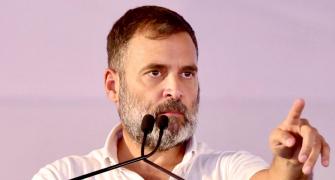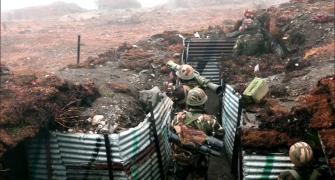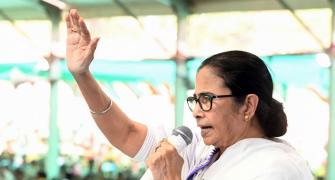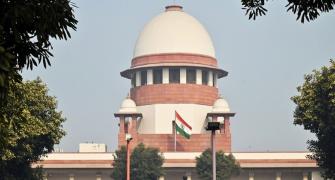There will be no respite from rising prices in the immediate run, with PM's Economic Advisory Council on Wednesday suggesting that inflation may touch 13 per cent while the GDP growth rate is expected to slide to 7.7 per cent from 9 per cent recorded last year.
"For some more time inflation can increase. It could touch 13 per cent, but by December it will start declining and is likely to moderate to 8-9 per cent by March 2009," said outgoing chairman of the PMEAC C Rangarajan while releasing the Economic Outlook for 2008-09.
Approving the Reserve Bank of India's tight monetary policy to contain inflation, which has touched the 13-year-high mark of 12 per cent, Rangajaran said, "It (inflation) could be brought down to 8-9 per cent by March 2009 through coordinated policy action."
As regards the Reserve Bank of India's Monetary Policy, Rangarajan, who is also a former RBI Governor, said: "The tight monetary stance needs to be maintained till the pace of inflation comes down."
Justifying the 7.7 per cent economic growth projection for 2008-09, Rangarajan said, "There is a slowdown in agriculture, industry and services and the global environment is not very conducive to growth. This will affect Indian economy as well."
The agriculture production is likely to grow at a lower pace of 2 per cent in the current year as against the 4.5 per cent in last fiscal, he said adding industrial output is expected to decelerate to 7.5 per cent from 8.5 per cent and services to 9.6 per cent against 10.8 per cent in 2007-08.
The new chairman of the PMEAC, Suresh Tendulkar said 7.7 per cent economic growth rate will not be "unrespectable and would be second highest growth rate by any country."
Another PMEAC member G K Chadha said, 7.7 per cent growth rate would be "very respectable. . . one should not forget that there are business cycles and growth cannot move only in one direction."
Rangarajan attributed the slowing down of the economic growth to factors like rising oil and food prices in international market and global slowdown triggered by sub-prime crisis in the United States.
Adverse global environment, he added, will have implications for the current account deficit which is expected to rise sharply to 3.2 per cent from 1.5 per cent in 2007-08.
Pointing out that the surge in inflation was mostly on account of surging global commodity prices, the EAC said there were serious fiscal risks arising from growing off-budget liabilities, which had been estimated at 5 per cent of GDP.
"Implementation of the rural employment guarantee programme and Sixth Pay Commission's report, we think, will take total deficit to 5 per cent. This is very large fiscal deficit", Rangarajan said.
The PMEAC further said that while the fiscal deficit targets would not be met, the revenue deficit would persist.
The government has already referred the issues concerning accounting of off-budget subsidies to the 13th Finance Commission, he said adding "as long as they are small there is no problem. . . but today off-budget liabilities because of oil bonds and other factors have become significant."

